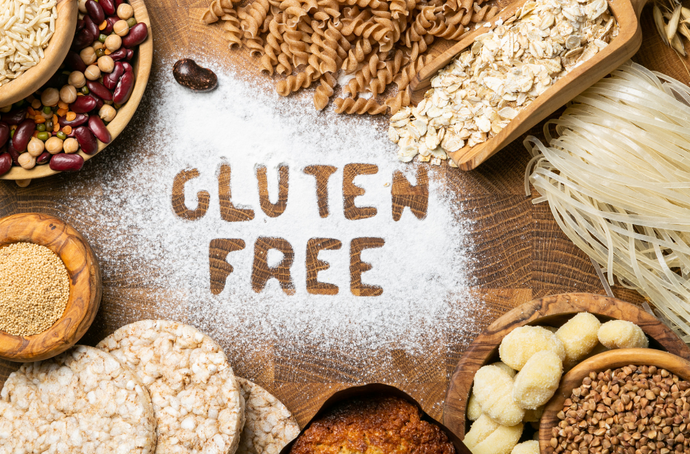
Success stories of weight loss with a keto diet meal plan inspire many to try keto meal plan delivery. All of them have one common question to ask-how does the keto diet work? Every single part of the human body needs energy to work. This energy comes from the food you eat. Your body needs nutrients for the following three basic functions:
- To meet energy requirements
- To regulate chemical processes
- To contribute to the body structure
Carbohydrates are the main source of energy. As the keto diet is a high fat, low carb diet, your body needs to find some other source of energy and that source of energy is fat. When your calorie intake is more than what your body needs, you have some extra calories. Your body converts these unused calories into body fat. So, fat is energy in storage form. When you are on a low carb diet, your body starts using fat as a source of energy and you start losing weight.
However, these are not the only changes that occur in your body. The Keto diet also affects the way your body uses water and electrolytes. Electrolyte imbalance is not good for your weight loss goals and your body.
Electrolytes
Electrolytes are essential minerals that have an important role to play in proper muscle contraction, bladder regulation, heart health, brain functioning, energy and every other function. Therefore, when you are on a keto diet plan, in addition to tracking your carbohydrate intake, also track your electrolyte intake and loss. If you spend time in the gym, your body loses electrolytes through sweat and urine. This leads to electrolyte imbalance and causes keto flu. If you experience the following symptoms, you are suffering from keto flu due to electrolyte imbalance.
- Fatigue
- Vomiting
- Headache
- Nausea
- Difficulty sleeping
- Dizziness
- Constipation
Lack of carbohydrates empties your glycogen stores. This also reduces the production of insulin. As a result, your body starts to excrete water and this leads to electrolyte imbalance. Before you consider meal plan delivery, plan how you are going to meet your electrolyte requirements.
Make sure that you track the following for electrolyte balance when you are on a keto diet.
- Sodium
- Potassium
- Calcium
- Magnesium
Sodium
Though it is an important electrolyte, it is advised to keep sodium low when you are on a standard diet that consists of sugar and processed carbohydrates. However, your body starts losing sodium as it excretes water due to a lack of carbohydrates.
Potassium
Bananas are a good source of potassium. However, you should avoid bananas when you are on a keto diet. There are several other foods that have high potassium and low carbohydrate content. You can include meat, leafy vegetables, dark chocolate, mushrooms, nuts and avocados in your diet. Your body needs potassium to regulate blood pressure levels.
Calcium
Calcium is essential for healthy bones. Muscle and nerves may not function properly due to lack of calcium. Include sardines, salmon, hard cheese, broccoli and dark leafy greens in your diet.
Magnesium
Your body needs magnesium for hormone regulation, muscle function, energy production and strong bones. Include seeds, nuts, kale, spinach and other dark leafy greens to get magnesium.

